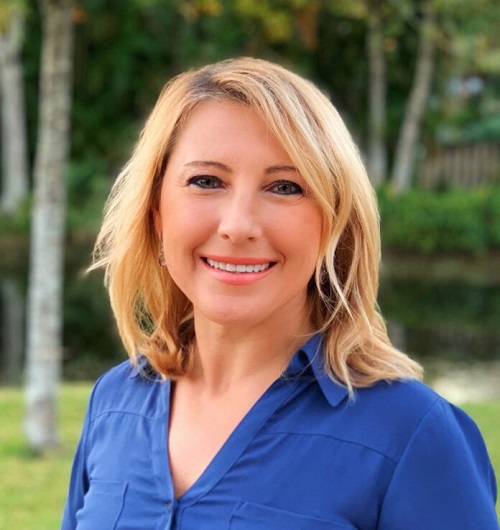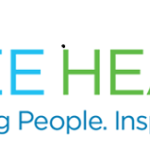By Dr. Julia Canipe, DNP, RN, CNE
It is hard to define when the post-pandemic period started or whether we continue to linger in it. The consensus is that we are in transition and are now fully seeing the devastating impact on all aspects of healthcare, exacerbated by the nursing shortage. The nursing shortage had been a rising trend over many decades; however, it became alarmingly acute with the additional burden of the COVID-19 virus, resulting in an imbalance of supply and demand. Nurses earned their respect by becoming the front heroes in the early days and continue to prove their worth every day. Unfortunately, the consequence of this tireless commitment is exhaustion resulting in higher nurse attrition rates stressing the system and challenging the clinical facilities to staff their units.
Nursing academia had been experiencing a shortage of educators, and the convergence of the pandemic events only added to the instability of both industries. A nursing program at South University offers a Baccalaureate of Science in Nursing degree on an accelerated schedule, accepting cohorts twice a year. Once in the professional phase of the program, students complete the nursing curriculum in as little as 20 months and are eligible to take the NCLEX exam.
While clinical facilities faced insurmountable challenges during the pandemic, nursing academia had to also adjust to lockdowns and limitations and find a way to continue nursing education in a new modality of virtual learning. Traditionally, nursing is grounded in face-to-face interactions and hands-on learning; consequently, the inability to provide clinical experiences severely affects the student’s capacity to develop the necessary nursing skills.
Together with clinical community partners, the nursing leaders and educators at South University, West Palm Beach discuss how to better prepare the nursing students for the realities of today’s practice. Our clinical partners provide insight into the preparedness of the post-pandemic newly graduated nurse. One of the concerns is that students restricted in their practicum exposure are not ready to enter the nursing field and lack the skills to overcome the challenges effectively, leading to new graduate burnout quickly, with some leaving the profession. In addition, restricting clinical experiences, with the best intention of providing a safe environment, inadvertently places a student at a disadvantage of practicing the skill repetitively under the instructor’s supervision. For example, students in our program work with nurses in many infectious disease environments where they practice putting the personal protective equipment on after they learn the skill in the laboratory. The real-life practice will acclimate future nurses to the realities of practice and arm them with the skill to protect themselves. Instilling and practicing infection control principles early on will allow new nurses to guard their health and provide safe patient care. In collaboration with our clinical partners, we strive to prepare future nurses and translate newly learned lessons into meaningful clinical experiences that will provide our graduates the opportunity to thrive in the new post-pandemic world.
Dr. Julia Canipe is Program Director, Bachelor of Science in Nursing (BSN) Program, at South University.
Accredited by the Commission on Collegiate Nursing Education (CCNE) The Bachelor of Science in Nursing, Master of Science in Nursing, Doctor of Nursing Practice, and Post-Graduate APRN Certificate Programs at South University are accredited by the Commission on Collegiate Nursing Education (http://www.ccneaccreditation.org).
Programs, credential levels, technology, and scheduling options vary by school and are subject to change. Not all programs are available to residents of all U.S. states. South University, West Palm Beach, University Centre, 9801 Belvedere Road, Royal Palm Beach, FL 33411. ©2022 South University.

























